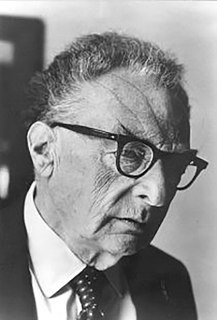A Quote by P. J. O'Rourke
Pollution is a problem, and there's the whole problem of the spoiling of the commons, but we've addressed the pollution problem on a variety of different levels in a variety of ways, and it's worked pretty well.
Related Quotes
Finally, imagine that you've really worked hard on yourself and become a level 10 person. Now, is this same level 5 problem a big problem or a little problem? The answer is that it's no problem. It doesn't even register in your brain as a problem. There's no negative energy around it. It's just a normal occurrence to handle, like brushing your teeth or getting dressed.
If we want to impact hundreds - or millions - of people, we have to do things differently. If we look at the problem as an infrastructural problem, we cannot make an impact because it requires a lot of effort. But when we convert this problem into a knowledge problem, suddenly the problem is manageable.
The problem of dealing with the financial industry is being addressed today. You can measure it with interest rates coming down. You can measure it with the quantity of loans, and that sort of thing. The problem is, that nobody wants to take the loans. Once the banks are willing to give it, that's only half the problem.


































